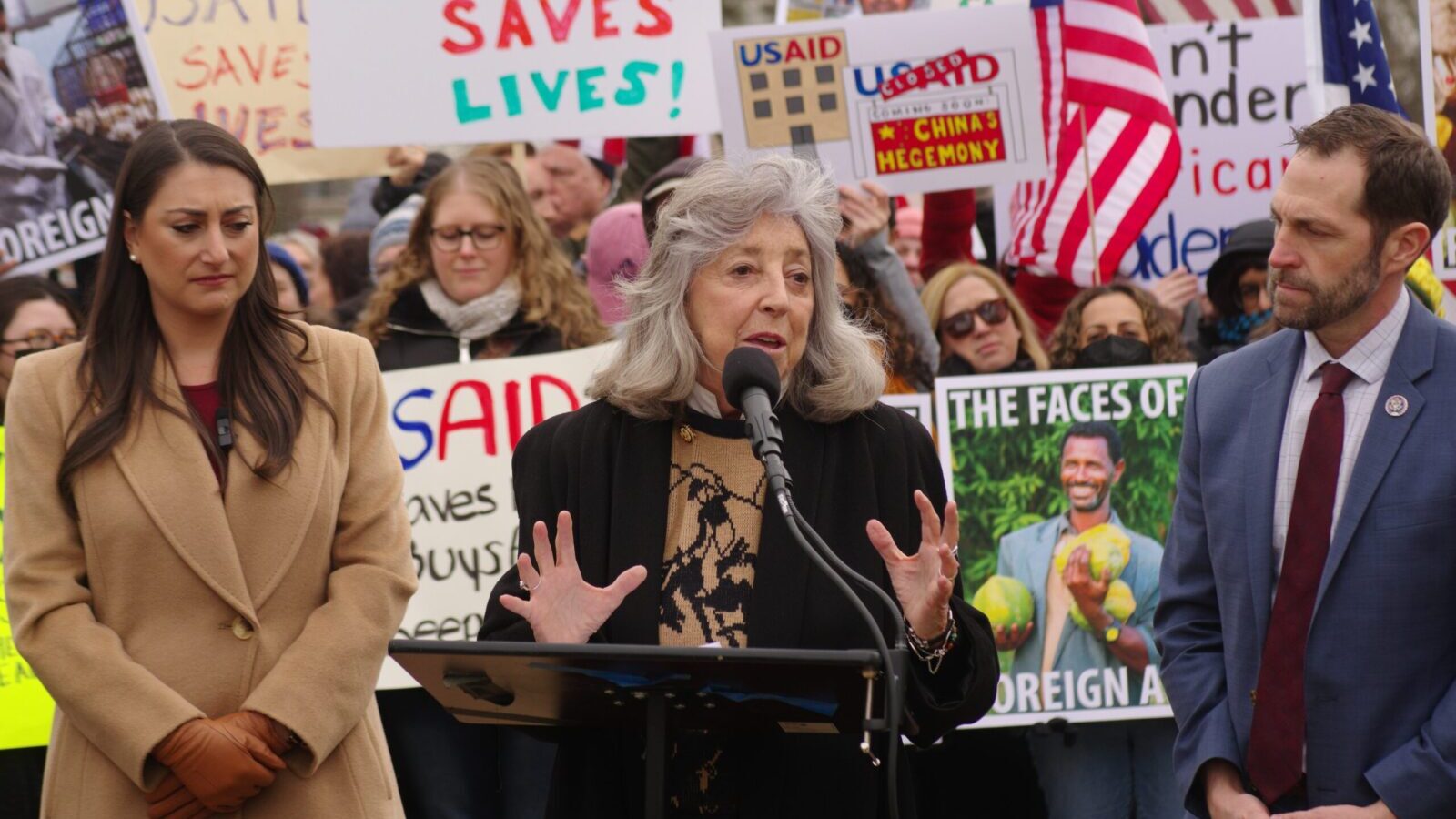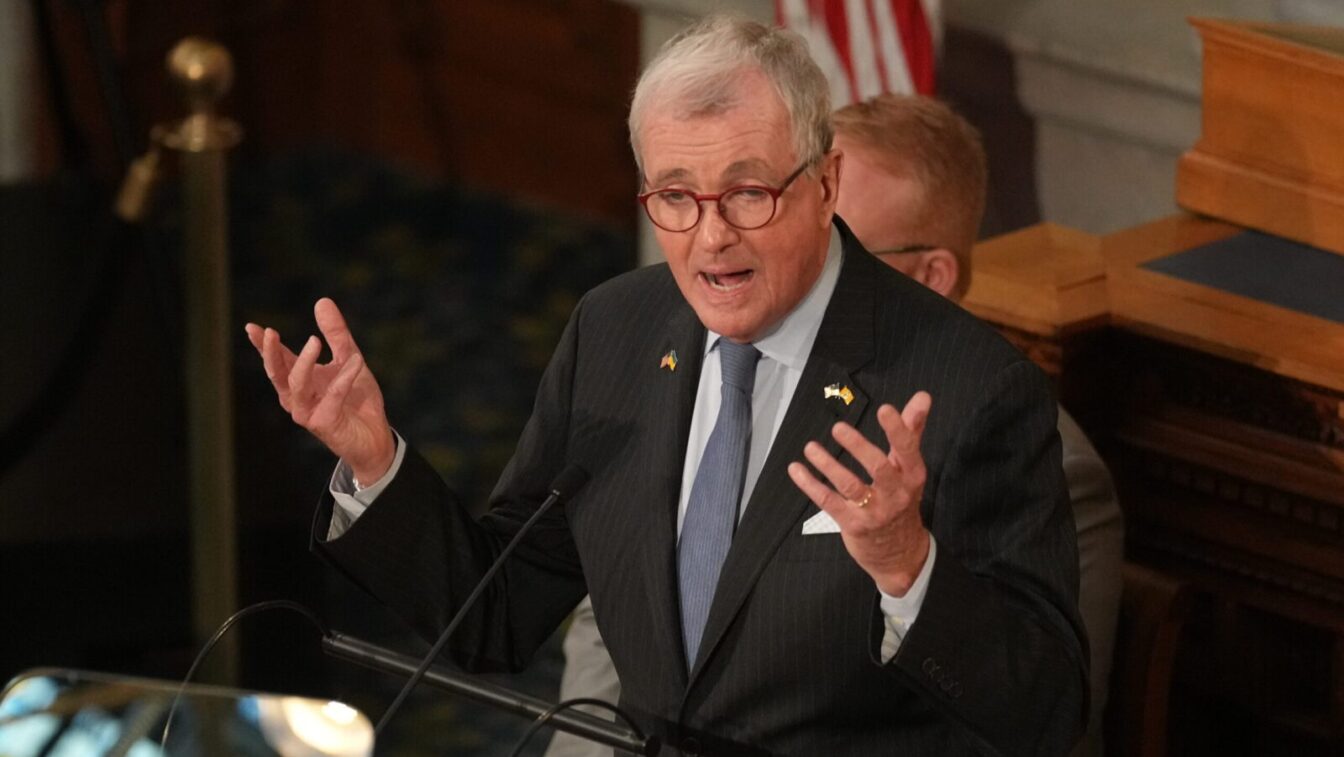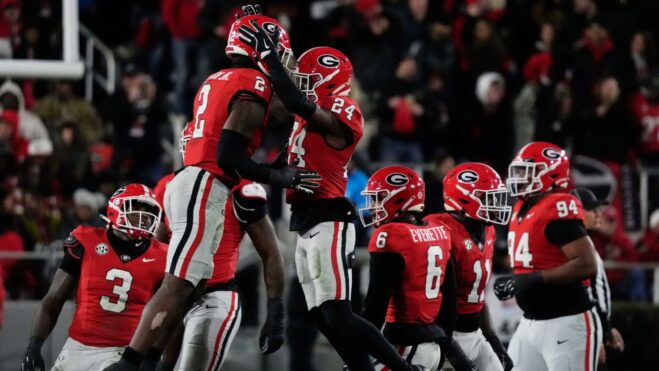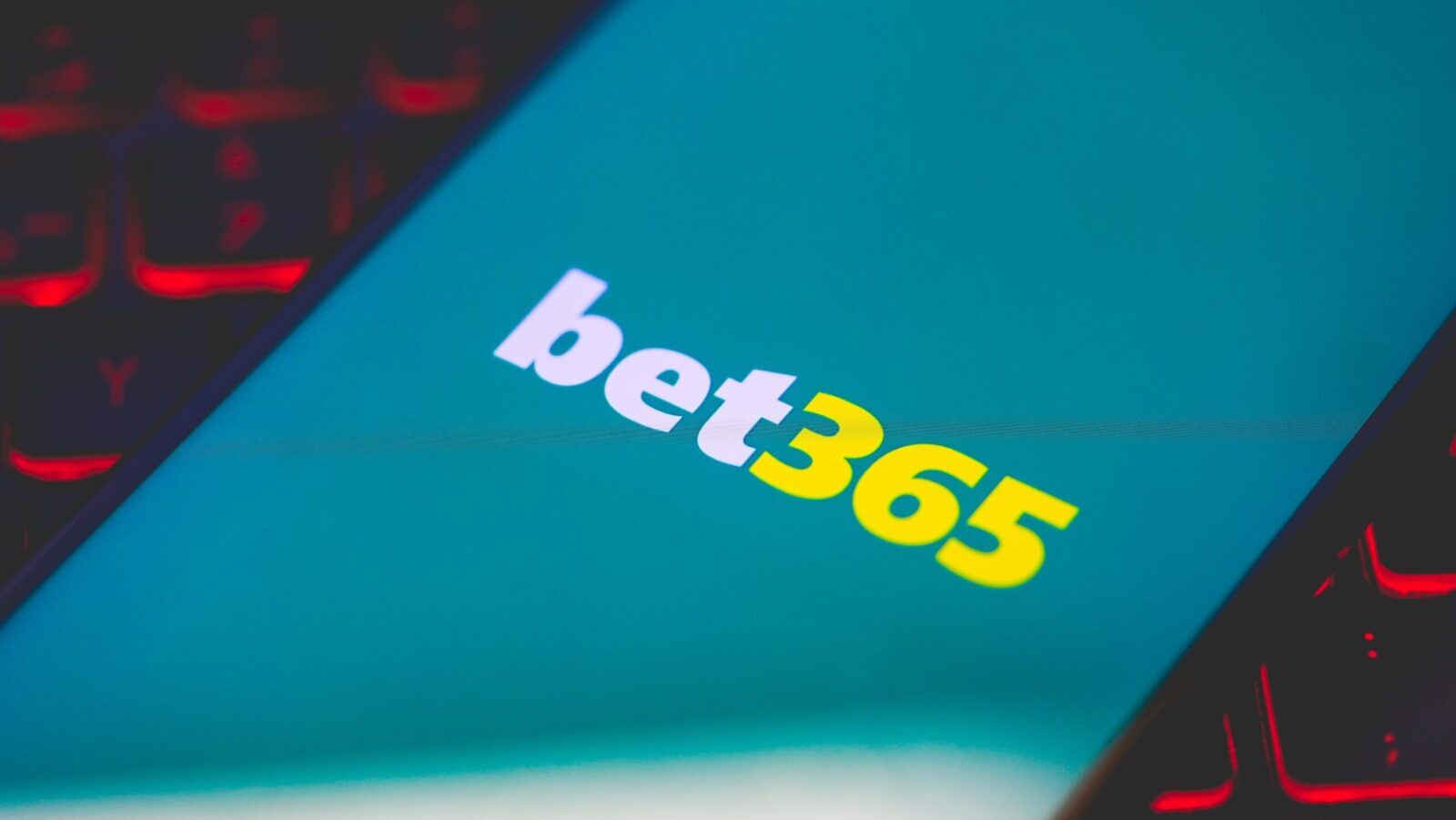Titus, Reschenthaler Again Look To Repeal Sports Betting Handle Tax
The two legislators have once again filed to remove the 0.25% tax that’s been in place since 1951
2 min

United States Reps. Dina Titus of Nevada and Guy Reschenthaler of Pennsylvania re-filed legislation Tuesday to repeal the 0.25% federal excise tax on sports betting handle.
It is the fourth consecutive session the co-chairs of the Congressional Gaming Caucus have combined for this bipartisan push after doing so in 2019, 2021, and 2023. The federal excise tax has been in place since 1951, when it was introduced primarily to counter illegal gambling.
The tax revenue created has dramatically increased since the U.S. Supreme Court struck down PASPA in 2018. There was nearly $148 billion wagered legally in 2024, which resulted in taxes totaling close to $370 million. That figure will end up slightly higher after Arizona reports its figures for both November and December.
There is again competing legislation to utilize the tax revenue to address problem gambling. Connecticut Sen. Richard Blumenthal and Oregon Rep. Andrea Salinas re-filed the Gambling Addiction Recovery, Investment, and Treatment (GRIT) Act on Feb. 7, with the funds earmarked for Health and Human Services programs. That bill is endorsed by the National Council on Problem Gaming (NCPG).
Titus: Excise tax is a double penalty
Titus’ long-standing opposition is two-fold, as the federal excise tax also carries a $50 per head tax on sportsbook employees.
Nevada’s retail sportsbooks accepted $2.7 billion worth of bets in 2024 that resulted in $66.8 million in federal excise taxes. The $7.9 billion wagered overall in the Silver State last year was down 4.4% from 2023.
“The Discriminatory Gaming Tax Repeal Act of 2025 repeals a tax that does nothing except penalize legal gaming operators for creating thousands of jobs in Nevada and 37 other states around the nation,” Titus said in a joint statement with Reschenthaler. “Illegal sportsbooks do not pay the 0.25% sports handle tax and the accompanying $50 per head tax on sportsbook employees, giving them an unfair advantage.
“I once asked the IRS where the revenue from the handle tax went in the federal budget and they didn’t even know. It makes no sense to give the illegal market an edge over legal sportsbooks with a tax the federal government does not even track.”
It’s big business in Pennsylvania, too
Reschenthaler’s state is also a top sports betting market in the country, exceeding Nevada for the first time in the post-PASPA era in 2024 with $8.4 billion worth of accepted wagers. Though 95% of its handle was generated online, Pennsylvania had 17 retail sportsbooks last year that accepted $461.5 million in bets.
“The U.S. gaming industry provides over one million jobs, including over 33,000 jobs in Pennsylvania, and generates more than 70 billion dollars for state and local governments throughout the country,” said Reschenthaler, whose state is also a leading market for online casino gaming. “Unfortunately, outdated tax codes and burdensome regulations penalize legal operators and incentivize illegal activity.
“The Discriminatory Gaming Tax Repeal Act of 2025 will ensure the gaming industry can support good-paying jobs and promote economic growth in southwestern Pennsylvania and across the nation. I’m proud to join Gaming Caucus Co-Chair Titus in introducing this bipartisan legislation, and I urge our colleagues in the House to support it.”






